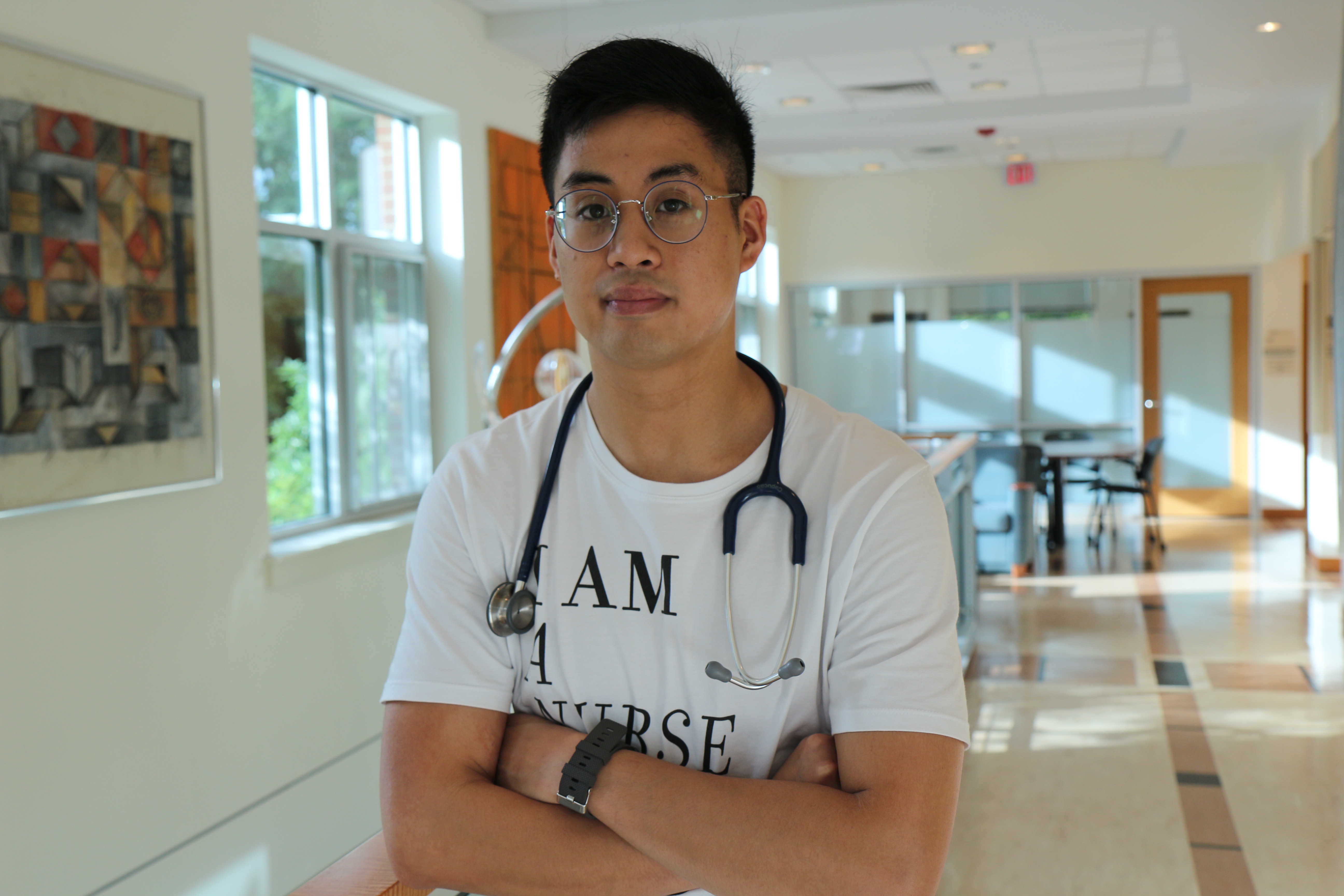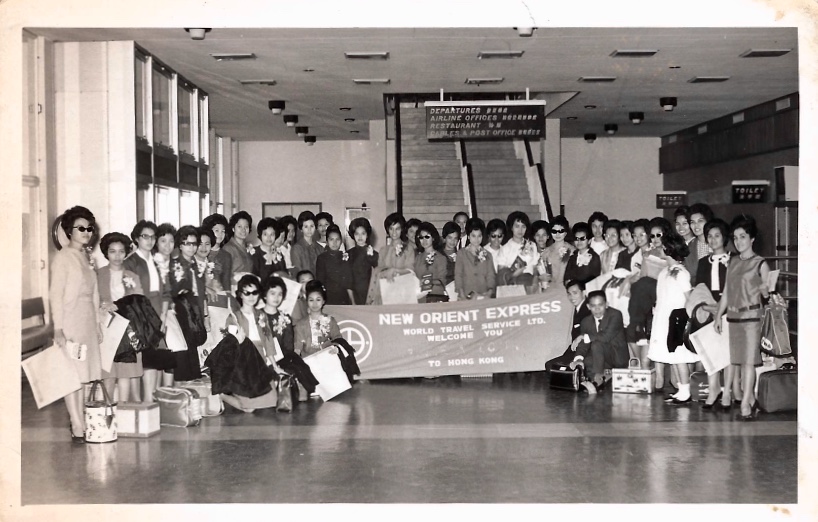Ren Capucao, PhD Student, University of Virginia

Nurses from the Philippines make up nearly four percent of all nurses in the United States. Their stories, however, are often untold. Ren Capucao is trying to change that. As a PhD student at the University of Virginia, he is researching the history of the racialization of Filipino nurses in the United States. Somehow, he is also working full-time as a nurse. We spoke with him about his research and how he balances it all.
HealthJob Editors: How are you doing with COVID-19?
Ren Capucao: COVID-19 has impacted my research because a lot of schools have shut down. With my research, I conduct oral histories interviewing people and archival research at repositories.. I was supposed to go to Philadelphia to do archival research at UPenn, but archives are currently closed.
I don't like being idle, so even though my research plans were a no go, I actually started my first clinical nursing job this summer. I’m a full-time student and a full-time nurse right now. I graduated in 2019, but haven’t been in a clinical setting since graduating. It’s interesting seeing how the dynamics have changed, like what units look like now. I’m wearing a mask all the time. My ears are starting to feel ragged.

HE: I actually didn't realize that you’re working in a clinical setting as well! How are you balancing your PhD program and working a full-time job?
RC: In terms of balancing, it takes a lot of planning, and I think depends on how you view your work. It also helps to find employers and mentors who are supportive and understand what you’re trying to accomplish. My end goal is to be a professor in a nursing school—ideally a joint faculty position in nursing and ethnic studies.
For me, my research feels more like a hobby. It’s how I get my catharsis, and it helps me handle the rigors of other aspects in my life. Doing research, especially as an Asian American and Filipino nurse, has helped me learn so much about my identity. I know it’s cliche to hear that you’re doing an identity search in your 20s, but I feel much more enlightened just doing this work. I think it’s helped to hear from my predecessors and record their oral histories. Knowing what they went through gives me the strength to persevere.
HE: How did you start researching the history of Filipino nurses in America?
RC: Mom's a nurse, so we're a part of this diasporic narrative. And that's how I'm here. I didn't want to become a nurse for a long time. I wanted to be in health care, but I didn't want to be a nurse. But, you know, it took a long time for me to come around. The traits of compassion, empathy and service are a huge part of me, and they’re also engrained in the nursing profession. And I got that from my mom.
Filipinos have had a long and complex history as nurses in America. Specifically, they’re the largest group of internationally educated nurses practicing in the United States. A lot of that stems back to American colonialism. In the early 1900s, Filipinos began training under the American model of nursing of nursing, which inadvertently supported the expansion of modern hospitals in the U.S..
Now, we have a kind of neo-colonialism where the global market dictates the flow of nurses. The U.S. and other Western countries kind of control a portion of the Philippine’s economy. Remittances from overseas workers is a huge part of the Philippines’ gross domestic product.
HE: How have people reacted to your work?
For the most part, people have been very supportive. Most of my research actually comes from either interviews or private collections who want to share their knowledge of the past with me. It is the story of Filipino America.
I've also received criticism from Filipinos who are living in the Philippines because of the complex history with the United States. Someone in a Filipino newspaper said that my exhibition was a story of traitors. I understand where he's coming from, but it's more complex than that. US culture has permeated the islands and shaped the values of its people. At some point, the Philippine dream became the American dream.
This isn’t a criticism, but rather another side of the story that I hear often from those who do not grasp the extent of history. These people spout American benevolence or exceptionalism, say that Filipino nurses should be grateful to have these opportunities in the US. However, they only need to be grateful to themselves, undergoing the migration process and facing racism and xenophobia along the way. So the question begging to be asked is why do so many Filipino nurses feel the need to work abroad? The answer is a complex interpretation of the past. I’m not trying to write a celebratory history.There are so many twists and turns in this narrative, and it's more complicated than what people make it seem to be.

HE: What do you hope are some of the results from your work?
RC: I hope that my work can help inform policy in healthcare, migration, and racial equity. I find history a powerful tool to advocate for past, present, and future patients and nurses. Oftentimes people don’t actually know what nurses do. Nursing, as the science of caring, serves as a bridge between the biological and social sciences and also to the humanities.As nurses, we spend the most time at the bedside with patients often at their most vulnerable, so the abstraction of the human experience is narrowed. One way to advocate for our profession is to share our narratives that emphasize compassion in action.
Read More

What is Remote Nursing?

How to Find Remote Nursing Jobs

RN-BSN Programs: Cost and Admission Requirements


 Reviewed by
Reviewed by